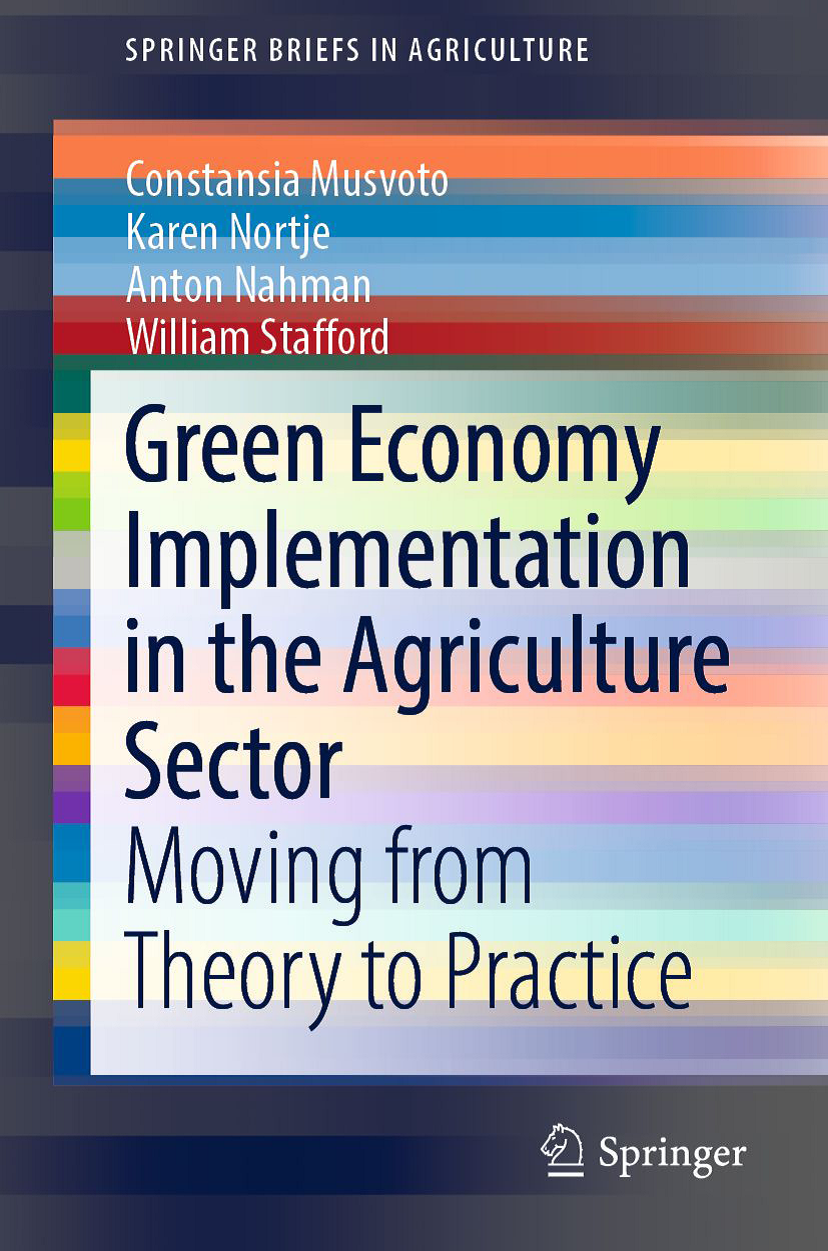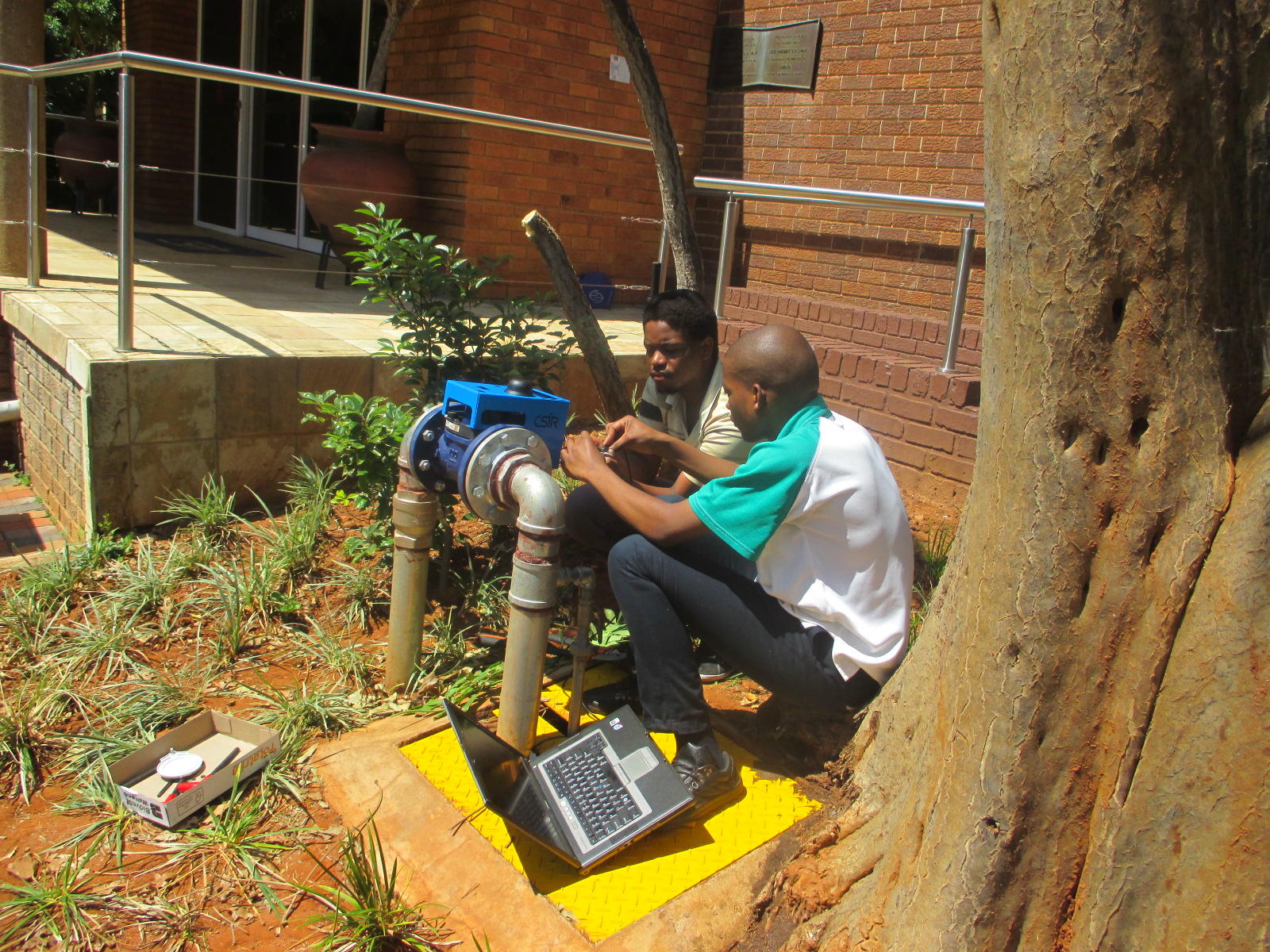Advanced Search
Search Results
CSIR researchers will be using this year’s annual national science festival, Scifest Africa in Makhanda, to showcase optimised technologies to rural learners in order to equip them with the right skills for the the fourth industrial revolution.
The CSIR is displaying additive manufacturing, laser hardening and laser welding processes for manufacturing industry. It is also showcasing computer simulations done on Lengau, Africa’s fastest computer. Scifest Africa, which is currently underway, is one of the Department of Science and Technology's key science engagement platforms.
The Council for Scientific and Industrial Research (CSIR) is proud to have been named one of the 2023 United Nations Environment Programme’s (UNEP) Champions of the Earth, for its contribution to the fight against plastic pollution.
On 30 October 2023, UNEP announced that the CSIR had been selected as a 2023 Champion of the Earth, honoured in the Science and Innovation category. The annual Champions of the Earth award is the UN’s highest environmental honour. The Science and Innovation category recognises individuals or organisations whose groundbreaking work pushes the boundaries of human knowledge and technology, with positive impacts on the environment.

A team of CSIR researchers recently published a book titled Green Economy Implementation in the Agriculture Sector: Moving from Theory to Practice. The book addresses a distinct gap, as there are currently no guidelines available for planning and implementing green economy projects in the agricultural sector. Read more...
Reflecting on Africa Day, the CSIR urged fellow research organisations, governments and industries to work together in ensuring that science and technology is used to address the unique challenges faced by Africa and its people. The CSIR believes that connecting knowledge and research ecosystems is critical on the continent.
The Covid-19 pandemic has shown the world that for a country or continent to survive other pandemics that may occur in the future, collaboration and innovation must be at the forefront. Since the beginning of the Covid-19 pandemic, many research organisations including the CSIR have dedicated their resources to curb the spread of the virus and to find scientific solutions.
CSIR, an entity of the Department of Science and Innovation, has donated furniture to enhance the teaching and learning of maths and science at Sikhululekile Secondary School, in Hammanskraal, north of Pretoria.
The donation forms part of the CSIR’s efforts to improve the learning environments in schools that are less privileged. It is also part of an extension of the commemoration of Mandela Day.
Sikhululekile Secondary School is one of the top performing township schools in maths and science with limited resources. Last year in July, the school was one of the schools and orphanages in and around Hammanskaal that received thousands of masks from the CSIR.
The CSIR has developed a polymer composite solution for one of Africa’s largest steel pipe manufacturers, Hall Longmore, which takes them one step closer to offering the South African water industry a localised push-fit application for pressurised steel pipelines.
Using the DSI-CSIR Nanomaterials Industrial Development Facility, CSIR researchers developed a uniquely formulated polymer composite material for the steel pipe manufacturer and performed coating trials at their facility.
“The coating trials proved to be a success and an indication of a fruitful collaboration between local institutions working together to localise technology solutions for industry,” says Managing Director of Hall Longmore, KC Van Rooyen.
A cell biologist at the Council for Scientific and Industrial Research (CSIR) was awarded the 2016 L'Ore'al-UNESCO Sub-Saharan Africa Award for her work involving the use of cutting-edge microscopes and synthetic biology tools to understand how immune genes are regulated.

The CSIR has issued instant access licenses for Smart-Sense, a low-cost and energy efficient long-range communications sensor node used for real-time water monitoring.
The CSIR’s Port Elizabeth-based textile library collection is available to be given as a donation to an industry related organisation in the region.
The textile collection is unique on the African continent. It comprises 2 800 books, 22 theses/dissertations and 100+ journal titles covering textile fibres, as well as chemistry and engineering subject areas.
The CSIR has developed a tool that identifies and makes use of Television white spaces (TVWS) channels for broadband services without generating interference with adjacent primary licensed services

